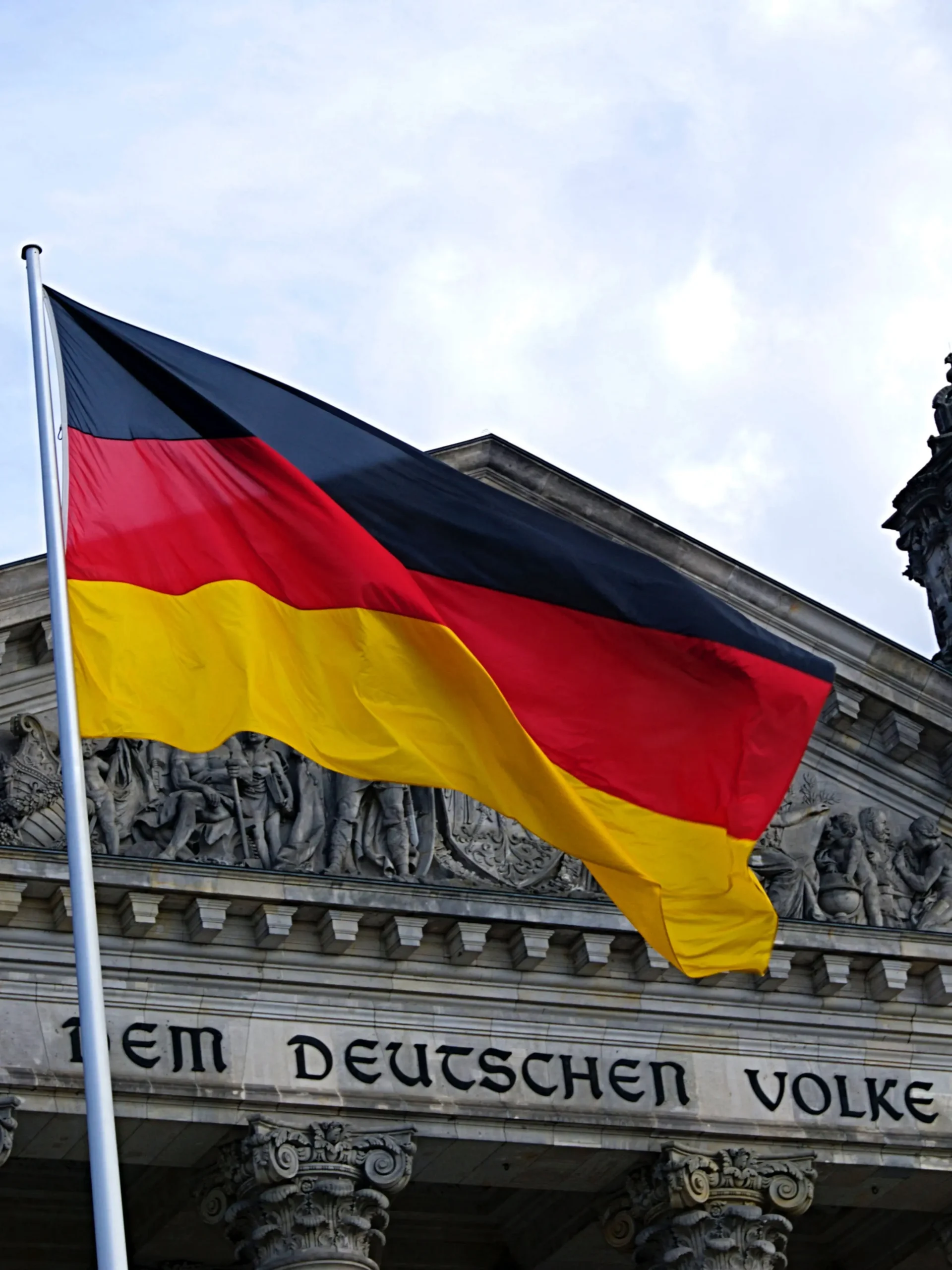
German Polish ancestry
In the intricate web of European history, the relationship between Poland and Germany stands out as one of the most interwoven. For over 15 years, GenealogyTour.com has been the leading name in uncovering the German Polish ancestry stories. Our commitment and expertise drive us to shed light on the often-misunderstood ties and the vibrant Polonia diaspora that now calls Germany home.
A Brief Overview of the Polish Diaspora in Germany
Germany houses the second-largest Polish diaspora globally, with an estimated 2 to 3 million individuals of Polish descent. This significant population has witnessed a decline over the years, with recent census data indicating approximately 866,690 Poles residing in Germany. Key organizations like the Union of Poles in Germany and Congress of Polonia in Germany work diligently to represent this community’s interests and uphold their cultural heritage.
Tracing the Historical Footsteps of Poles in Germany
From the Partitions of Poland in the late 18th century to Poland’s partial incorporation into Prussia, a significant Polish ethnic group emerged within Prussia’s borders. Cities like Dresden and Leipzig became hubs for Polish settlement. The 19th century saw a wave of migration to the Ruhr region, attracting around 300,000 Poles, contributing to 30% of the area’s population by 1910.
The Struggle of Identity and Germanisation
The Poles in Germany, especially in areas like Posen and the Ruhr, faced increasing pressures of Germanisation post-1870. Cultural assimilation attempts, particularly within the educational system, ignited nationalistic sentiments on both sides. However, these efforts to erase Polish identity only solidified the community’s resolve to preserve their heritage.
The Resilience of the Polish Spirit in Germany
While the tides of time have reshaped borders and political landscapes, the spirit of the Polish people in Germany has remained indomitable. From the arts to the sciences, members of the Polonia diaspora have continued to influence the German socio-cultural fabric. Polish surnames, particularly in the Ruhr area, testify to the community’s deep-rooted history and contributions to the German nation.
Ruhr Poles: The Backbone of German Industrialisation
The late 19th-century industrial boom in the Ruhr region attracted vast numbers of Polish migrants. These ‘Ruhr Poles’ played an indispensable role in the rapid development of the region, constituting about 30% of the population by 1910. They brought with them a distinct culture, traditions, and work ethic that became synonymous with the Ruhr’s growth story.
The Cultural Impact: Rodło – A Symbol of Polish Minority in Germany
The Rodło, an emblem representing the Polish minority in Germany, stands as a symbol of their resistance and pride. It’s more than just a symbol; it’s a reminder of the community’s undying spirit to retain their identity amidst external pressures. Whether through the establishment of Polish economic, political, or cultural associations, the Poles in Germany consistently worked towards preserving their heritage, even when faced with stringent Germanisation policies.
A Tale of Two Cities: The Polish Influence on Dresden and Leipzig
Dresden, once referred to as the Royal-Polish Residential City, and Leipzig have seen significant Polish influence. Their history, intertwined with Polish royalty and migration, offers rich insights into the symbiotic relationship that these cities shared with Polish settlers. Even today, the legacy remains, with remnants of Polish architecture, art, and culture evident in the urban landscapes.
Post-World War Landscape and the Polish Minority
Following World War I, many Polish-majority provinces joined the newly formed Polish Republic. Yet, Polish-speaking minorities remained in regions like Upper Silesia. The rise of the Nazis constrained Polish activities, and the Polish community lost its minority status during World War II. Contemporary Germany does not recognize Polish ethnicity as a national minority. However, the Polish community continues its efforts to reclaim their rightful place in German society.
The Modern Landscape of the German Polish Ancestry
Today, the ties between Poland and Germany remain complex. With Poland’s entry into the European Union, numerous Poles have migrated to depopulated areas along the Polish-German border. Efforts to restore the pre-war minority status and acknowledge the intertwined histories are ongoing, and the story of the German Polish ancestry continues to evolve.
Related Articles
Related
How much does it cost to do a family tree
Embarking on the journey to explore one's ancestry and build a family tree is a fascinating endeavor that intertwines personal history with the broader...
Weather in Poland
Weather in Poland is as varied as its landscape, influenced by the country's geographical position and diverse topography. With its transitional climate...
Polish minority in Germany
The Polish minority in Germany represents a significant and historic part of Germany's demographic landscape. The roots of the Polish presence in Germany date...
